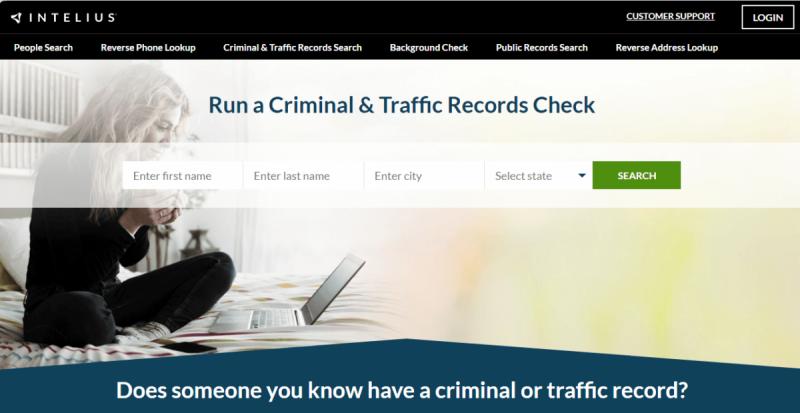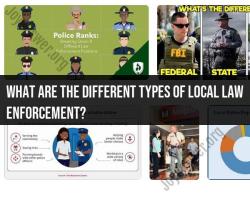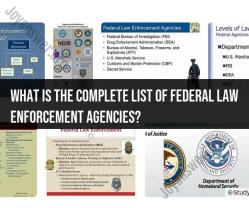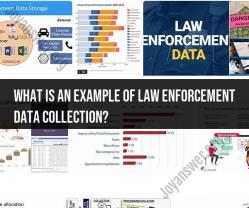What is a state police background check?
A state police background check is a thorough examination of an individual's criminal history, conducted by the state police or law enforcement agency. The purpose of this check is to assess an individual's criminal record, including arrests, convictions, and other relevant information.
The process typically involves gathering information from various databases to provide a comprehensive overview of the individual's criminal history. State police background checks may be required for various purposes, such as employment, gun purchases, professional licensing, adoption, immigration, and security clearances.
The specific details of the process can vary from state to state, but generally, it involves submitting a request, providing personal information, and paying any applicable fees. The results of the background check can influence decisions related to employment or other situations where an individual's criminal history is a relevant factor.
It's important to note that the laws and regulations governing background checks can vary, so individuals undergoing such checks should be aware of their rights and the procedures specific to their state. Additionally, not all background checks are the same, and the depth of information obtained may depend on the purpose of the check and the agencies involved.
What does a state police background check entail?
As I mentioned before, the specifics of a state police background check vary depending on the state, but here's a general overview of what it entails:
Data Searched:
- State criminal records database: This includes arrests, convictions, and potentially some misdemeanors within the state, depending on the jurisdiction.
- National criminal records database: This provides access to records from other states through the FBI's Interstate Identification Index (III), covering convictions and often major arrests.
- Sex offender registry: Some states check both their own and national sex offender registries.
- Traffic tickets and violations: Driving history may be included, depending on the state and purpose of the check.
- Immigration records: For individuals born outside the US, immigration records might be checked if necessary.
Information Revealed:
- Arrests: Even if charges weren't filed or dismissed later, arrests may appear.
- Convictions: All criminal convictions, including misdemeanors and felonies, will be revealed.
- Pending cases: Ongoing criminal cases might be indicated.
- Sentencing details: In some cases, details like probation, parole terms, or restraining orders could be included.
Who can Request a Background Check:
- Individuals needing clearance for specific positions: This includes jobs like healthcare, education, and child care, often mandated by licensing bodies.
- Licensing agencies: For professional licenses or permits.
- Law enforcement agencies: During investigations or for pre-employment screening.
- Individuals with written consent: In some states, an individual can request their own background check.
Important Points to Remember:
- Accuracy: While reliable, errors or incompleteness can occur. Discrepancies can be disputed.
- Privacy: Background check results are confidential and accessible only by authorized individuals.
- Fees: Fees for requesting a check vary by state and purpose.
Additional Resources:
- For specific information on your state's background check procedures, visit the official website of your state police department.
- The National Conference of State Legislatures (NCSL) provides a helpful overview: https://www.ncsl.org/in-dc/standing-committees/law-criminal-justice-and-public-safety/policies-for-the-jurisdiction-of-the-law-criminal-justice-and-public-safety-committee
I hope this clarifies and expands on my previous answer. Feel free to ask if you have any further questions or need details specific to a particular state!









